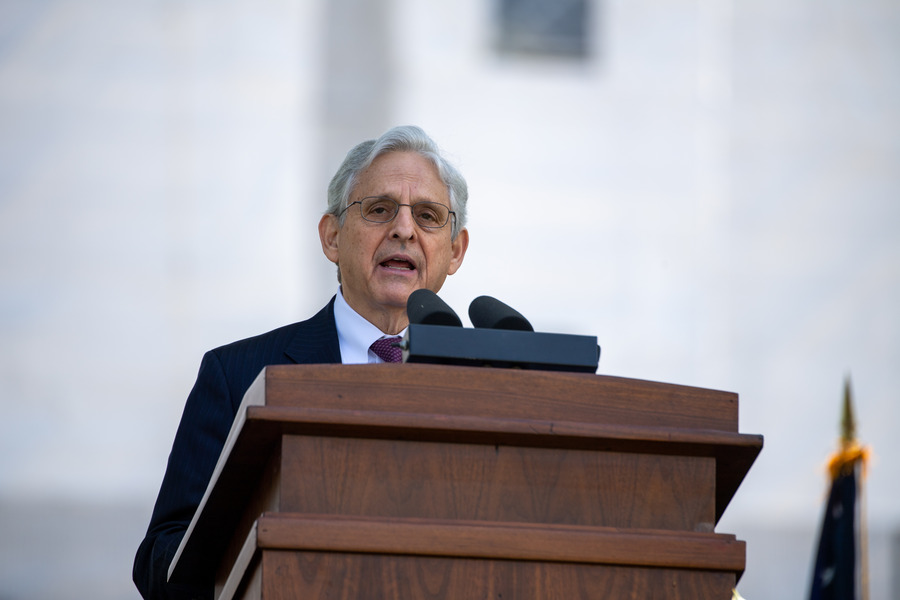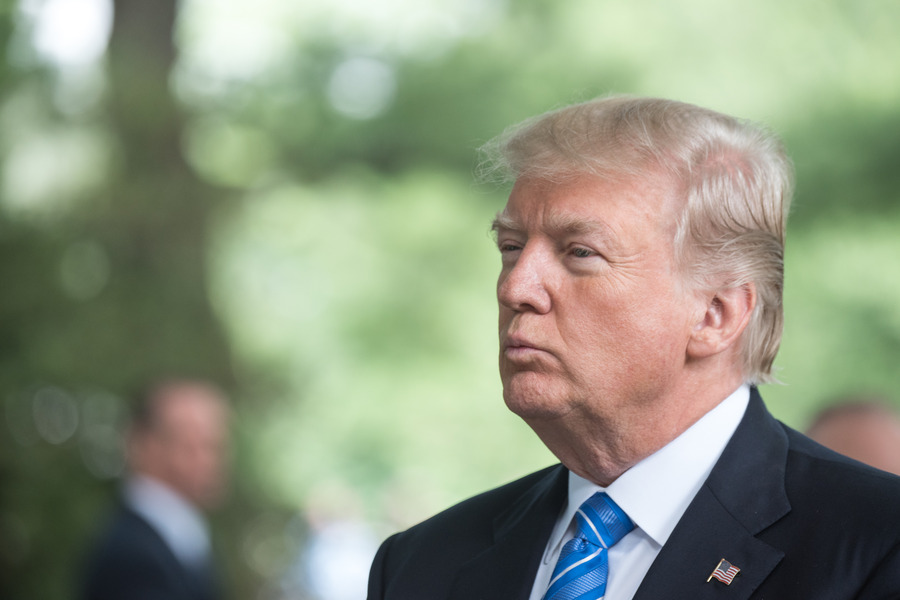Legislation to Micromanage the NSC Staff Raises Constitutional and Political Concerns
Both the House and Senate Armed Services Committees are reportedly considering amendments to the National Defense Authorization Act for 2017 to limit the size of the NSC staff and subject NSC staff and NSC processes to congressional oversight.
Published by The Lawfare Institute
in Cooperation With

Both the House and Senate Armed Services Committees are reportedly considering amendments to the National Defense Authorization Act for 2017 to limit the size of the NSC staff and subject NSC staff and NSC processes to congressional oversight. Congressional Republicans are responding to reports that Obama’s NSC staff is now the largest in history, with more than 400 staff, and that Secretaries of Defense Panetta and Gates have complained about NSC micromanagement of the Defense Department. Although the Obama NSC staff has clearly grown too large, these congressional efforts raise constitutional concerns and are politically shortsighted.
It must be noted that departmental carping (especially by the Department of Defense) about NSC micromanagement dates back many decades. Secretary Rumsfeld was famous for his many bluntly worded “snowflakes” (many included as an appendix in his memoirs) to then National Security Adviser Condoleezza Rice complaining about all aspects of NSC processes from NSC staff contacts with the JCS and Combatant Commanders to the use of “we” in memos written by NSC staff. (In one memo, he informed her that he had instructed “anyone in DoD not to respond to you or the NSC staff.” In another memo, he sent four pages of “suggestions” for managing the interagency process; he followed up one year later with a memo entitled “Are We Improving?” with three pages of statistics on the NSC staff’s progress in implementing his suggestions.)
I understand the process concerns of both the White House and the departments, having participated in numerous NSC meetings both as an NSC staffer and as a State and Justice Department representative. On the one hand, extensive interagency coordination is vital on complex national security issues in order to ensure that all issues are properly considered before individual agencies make significant decisions or begin significant new actions. On the other, individual departments (and especially department heads) do not want to be managed or second-guessed by White House staff, especially junior staff and especially for political reasons.
The Obama NSC staff has become much too large (reportedly twice the size of the NSC on which I served). There are some legitimate reasons for the growth, including an increase in the size of the Situation Room staff and incorporation of the Homeland Security Council staff (created as a separate staff during the Bush Administration after the 9-11 attacks to coordinate interagency homeland security activities, including by non-NSC agencies, such as HHS and DoT) into the NSC staff in 2009. But some NSC geographic and functional offices, which originally had 3-4 staff members, have now grown to 6-8 or more members, who tend to generate more work for the departments, rather than simply advising the President or facilitating interagency coordination.
Problems with NSC staff size and NSC processes should not be fixed by legislation, however. Congressional efforts to dictate the size of the President’s staff raise serious constitutional concerns. Congress may place reasonable limits on appropriations for the Executive Office of the President, but Congress may not drastically trim the White House staff in a way that would prevent the President from performing his Article II functions without violating the separation of powers. Similarly, Congress may not tell the President how to organize the NSC staff or who must be included in NSC decision-making. Past Presidents have raised constitutional objections when Congress has by statute created new NSC Committees (see President Clinton’s signing statement for the Intelligence Authorization Act of 1997). Under the Constitution, it is up to the President to decide on the size, composition, and organization of his own staff.
Beyond these constitutional concerns, it also seems short-sighted for Congressional Republicans to try to mandate the size and structure of future NSC staffs at this time, given that any legislation passed later this year will only affect the next President, not President Obama. Perhaps Congressional Republicans distrust Donald Trump as much as Hillary Clinton, but surely they would not want to dictate the national security processes of all future Republican Presidents. Donald Trump may not have given the issue much thought, but most future Republican Presidents would strongly resist congressional micromanagement of their Executive prerogatives and responsibilities for national security decision-making.





